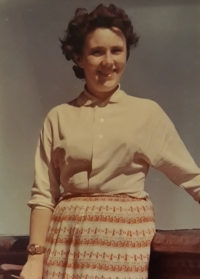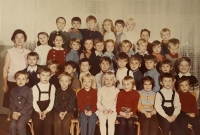I’m careful about judging people by whether they sided with the communists or not

Download image
Petr Vacek was born on 1 January 1965 in Slaný as the youngest of three sons, later the family moved to Prague. Both parents joined the Communist Party shortly after the war and remained in it until the fall of the regime in November 1989. His father, Václav Vacek, worked as a doctor and was involved in antibiotic research. Even under totalitarian regime, he went to congresses all over the world and the family was allowed to travel. The occupation in August 1968 found the Vacek family in Vienna, from where they were able to move to London, where his father was offered a job. But they decided to return to Czechoslovakia. In the 1970s he attended a boating club, which was run in a very anti-communist way. Petr Vacek graduated from the Botičská grammar school with extended education in biology and chemistry and from The Academy of Performing Arts in Prague Theatre Faculty (DAMU). His first engagement was in a theatre in Hradec Králové, and in the 1980s he began acting in the Ypsilon theatre, where he has been performing ever since. In the summer of 1989, he signed the petition Several Sentences. in the theatre. He remembers November 1989, when protests were heard from Národní třída all the way to the theatre at a performance. In addition to acting in the theatre, today he is also a presenter. In 2024, he was living with his family in Prague.





